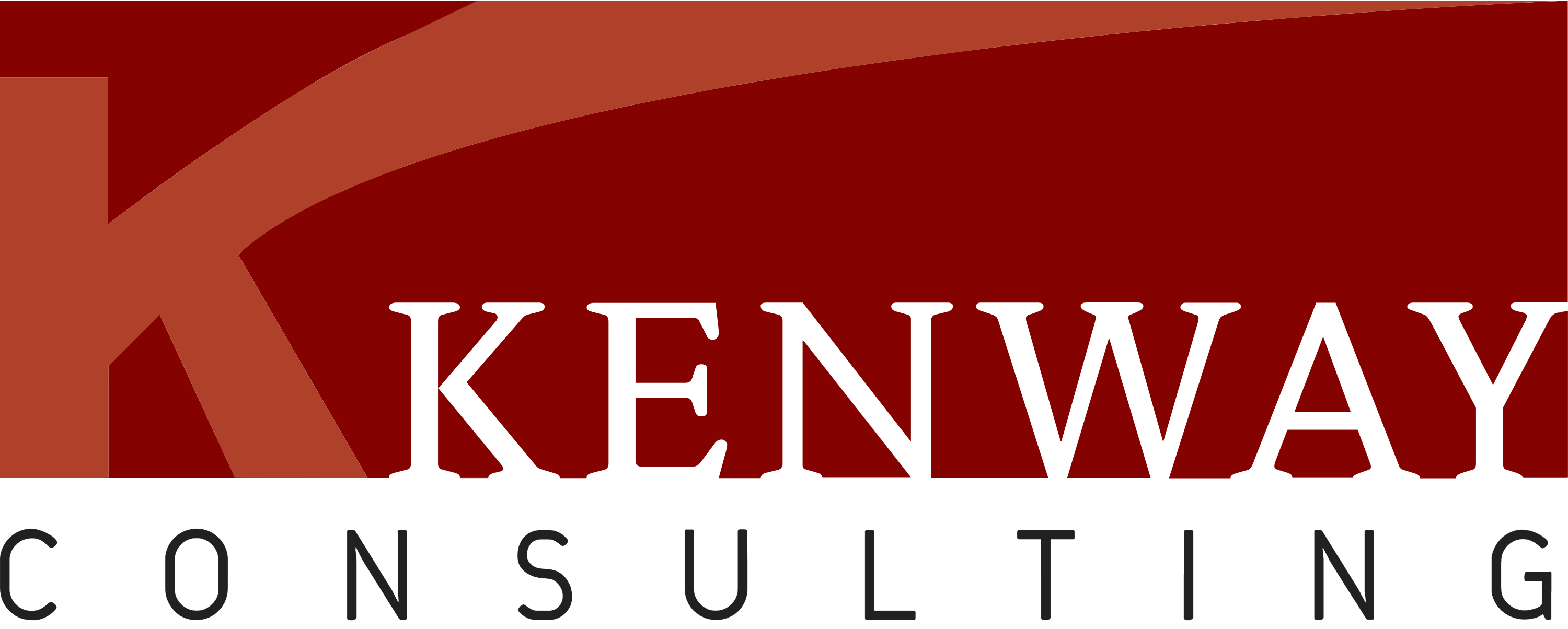Crushing the Collective

One of my favorite responsibilities at Kenway Consulting is conducting the first 60 – 90 minutes of New Hire Orientation. For one, I believe there really isn’t a more important thing I could be doing for the company.
We’ve all heard the myriad of reasons why first impressions can be so impactful. For the better part of Kenway’s existence, we either didn’t have new hire training at all, or when we started having it, it was a constant barrage of administration and nothing about our culture was discussed. What a horrible way to join a new company! To have your first impression be about filling out paperwork, and learning how to log your time and file expenses. Boring!
A few years ago, at an all-company meeting, we did what we do at all our company meetings – we discussed our Why, our Vision, and our Guiding Principles. A relatively new hire at the time raised his hand and, while looking around to see if others agreed, said, “Ahm…this is the first time I really understood this stuff.” Wow. The “aha moment” arrived.
We needed to put our Why, our Vision, our Guiding Principles – all of which are paramount to our culture – at the forefront of our onboarding process. That is the first impression we want all our new hires to obtain. Sure, they will also need to learn how to log their time, and will have to fill out paperwork, etc. But that can come second. First and foremost, they need to understand more about the company they just joined.
So, ever since then, I and/or Kenway’s Managing Director Matt Kueker (usually both of us), take part in New Hire Orientation to ensure our culture is at the epicenter of each new hire’s first day. And so far, so good.
I write about this not to exhaust the content of our orientation process, but to share another “aha moment” that resulted from our most recent New Hire Orientation. It centers on the concept of collectivism, which has many meanings, but the one to which I’m referring is the assignment of attributes to (an) individual(s) based on the group (i.e. collective) in which they reside.
Kenway has a Guiding Principle, “To avoid collectivist thought.” The most obvious forms of collectivism are in the news regularly, i.e. sexism, racism, homophobia, etc. In each, individuals are mistreated because of their gender, race or sexual orientation. But other less obvious forms are commonplace at work, and happen nearly every day.
For example, we have a client who has a less than stellar IT department. It is an opinion, but is one shared by so many, that it has largely become a consensus-fact. However, if we meet a person who works at that IT department, do we conclude that that person might be less than stellar? Do we have a preconceived notion of our expectations for that person’s performance?
Kenway prides itself on treating each person uniquely, and making no judgments about someone based on the group in which they reside. We discuss this Guiding Principle in great detail with our new hires. We will not tolerate collectivism in any form. So, the “aha moment” I had recently was related to the very group of people we are attempting to orient during New Hire Orientation.
Just because someone is a “new hire” does not mean that they need the same things on Day 1 as other new hires. It does not mean that they will struggle with concepts with which other new hires struggled in the past. It does not mean that they will climb learning curves the same way, or at the same pace, as those that joined before them.
The challenge, of course, is how do you take what you learned from past hires and adapt onboarding to correct past mistakes, while allowing the flexibility to modify content/approach as you learn more about each new hire. How do you “avoid collectivist thought” with the very group of people you’re asking to do that very same thing?
The reality is, there is no perfect approach. If you walk around with only a hammer, everything looks like a nail. If you only have one approach to New Hire Orientation, you’ll only satisfy a small subset of new hires. The key is to crush collective thought from the start. Ensure appropriate content is covered, but do so in a flexible, bi-directional and unique way so that each person who joins Kenway learns the way they learn best, and not just the way Kenway knows how best to teach.







